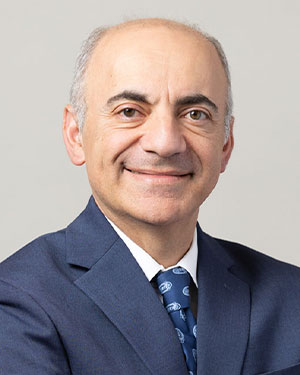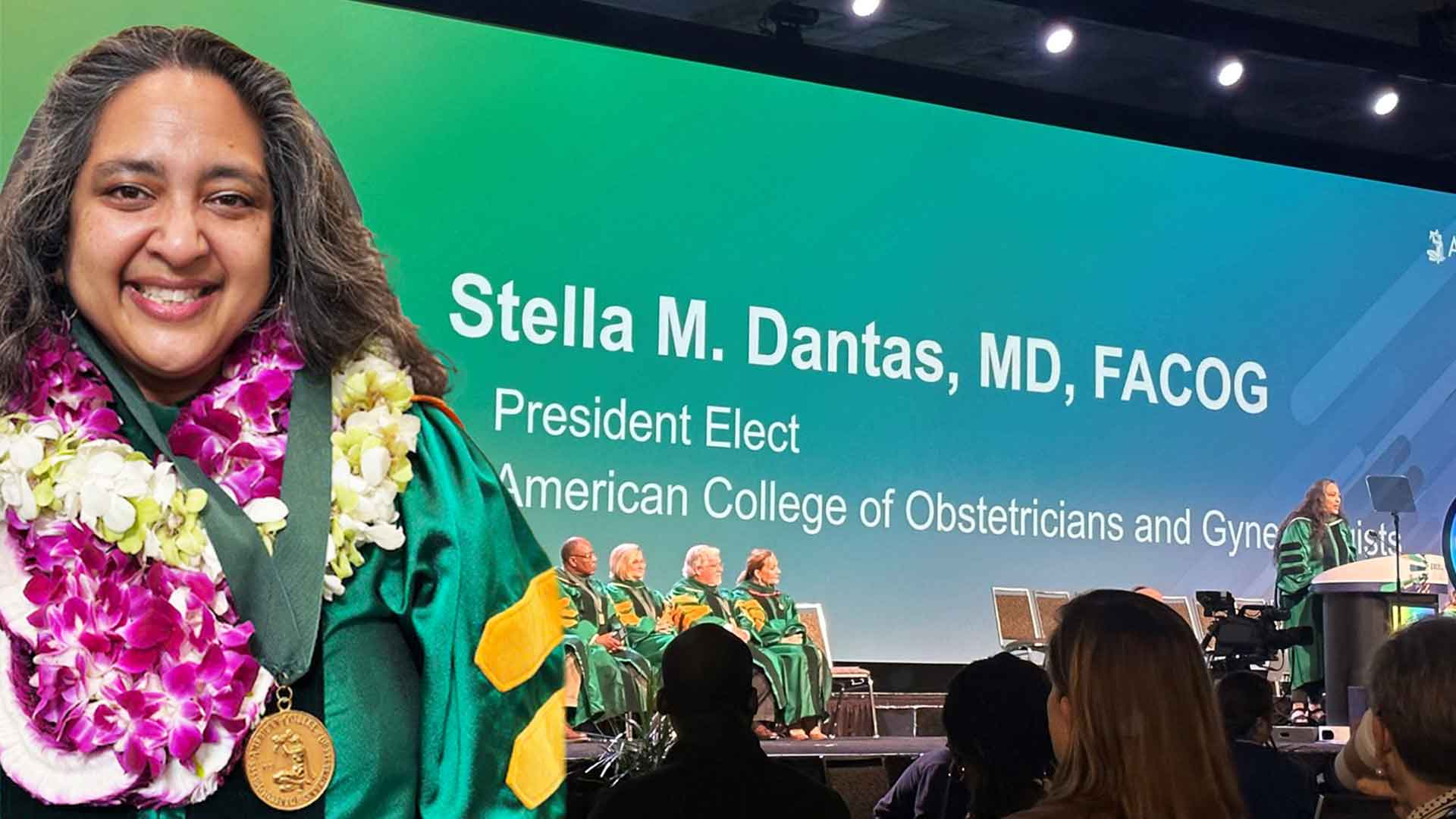Ramin Davidoff, MD, on value-based care and how it benefits older adults.

Dr. Awsare: Biosimilars in an integrated model help lower drug costs
Sameer Awsare, MD, FACP, associate executive director of The Permanente Medical Group (TPMG), recently shared with biopharma industry site Pink Sheet how adopting biosimilars in an integrated model can help curb rising health care costs for patients while maintaining safety and quality of care.
He described how in just one week last year, Kaiser Permanente successfully switched nearly 90% of its commercial and Medicare members from the biologic drug Humira to the equally safe and effective — but less expensive — biosimilar drug Amjevita. Dr. Awsare estimated that the innovative move saved Kaiser Permanente nearly $300 million last year. He added that the organization was able to pass some of the savings on to members.
Related biosimilar story: Sameer Awsare, MD, discusses Permanente perspective on biosimilars
Kaiser Permanente’s unique integrated structure has contributed to its success with biosimilars. Permanente Medical Groups provide the clinical care, Kaiser Foundation Health Plans provide the coverage, and Kaiser Foundation Hospitals provide the medical facilities. Dr. Awsare, who works for the clinical side of Kaiser Permanente, cited their physician-led approach to evidence-based medicine as a key reason for the successful adoption of biosimilars. After conducting research to determine what products make the most sense for patients, the medical groups get buy-in from physicians and clinicians. Then the health plan side gets a good deal on those products.
“Most other health plans get a good deal and then try and push something on doctors and patients,” he said.
Another key difference that differentiates Kaiser Permanente is the absence of a pharmacy benefit manager. Pharmacy benefit managers are third-party companies that manage drug benefits on behalf of health insurers. Also, Kaiser Permanente does not accept drug manufacturer rebates, which are used by pharmaceutical companies to maintain market share and discourage competition.
Related biosimilar story: Sameer Awsare, MD, highlights Kaiser Permanente model in case for biosimilars market
Despite Kaiser Permanente’s success story, Dr. Awsare expressed concern that if other parts of the U.S. health care system fail to adopt biosimilars, manufacturers will stop making them. He said it is important for each biologic to draw enough biosimilar competition to lower prices, but not so low that it increases the risk of shortages.
While Kaiser Permanente’s integrated health system structure gives it unique levers in biosimilar adoption, Dr. Awsare said the rest of the country “could emulate us.”
“There are big not-for-profit purchasers,” he added, and huge government health programs should be able to push their systems towards the lowest cost products.
Note: Read the full story here (access is free with registration).


